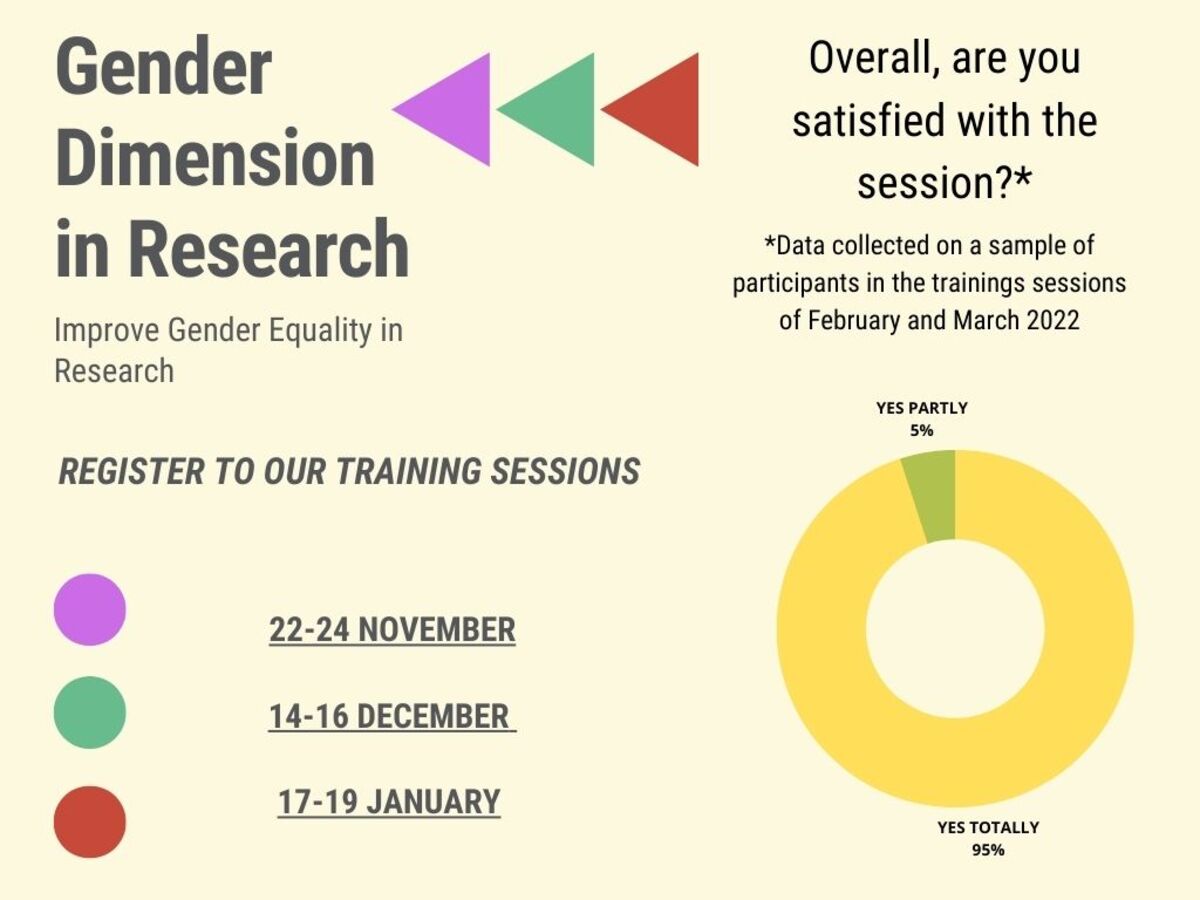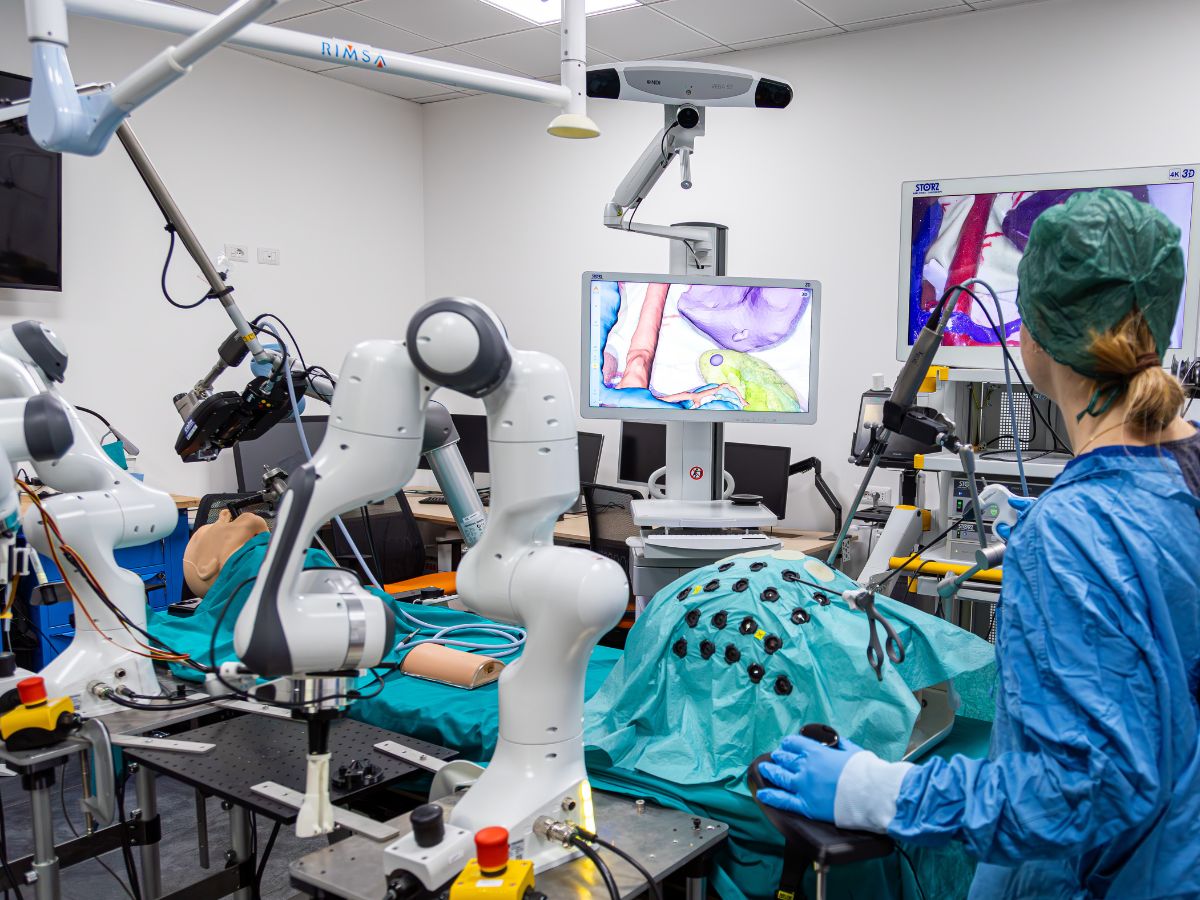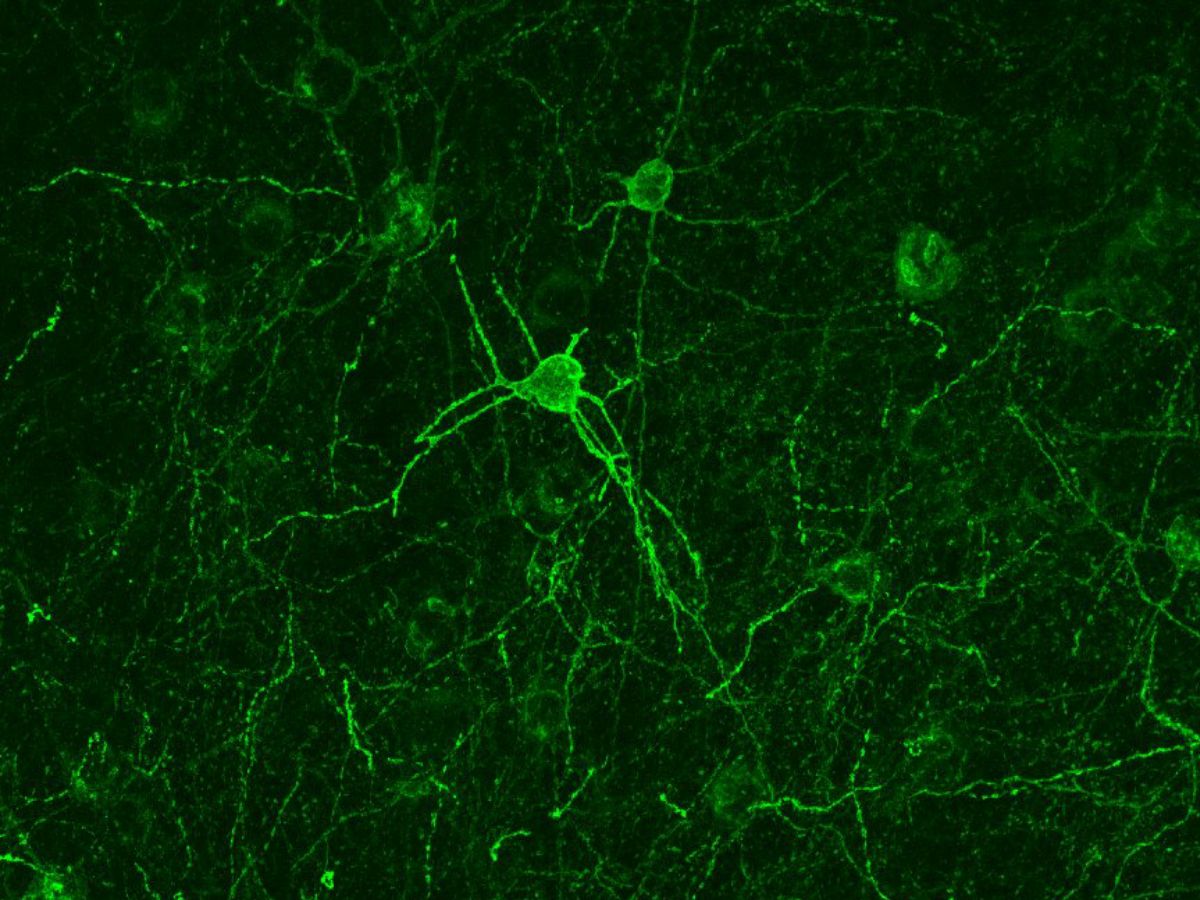A strategy to address gender inequalities in Research & Innovation sector
Horizon Europe is the new European Research & Innovation funding program, following Horizon 2020. The program (2021-2027) points out key policy objectives that address, respectively, green and digital transitions, and SDGs. Across these commitments, the gender dimension emerges as a cross-cutting objective. Particularly, a set of interventions promises to tackle gender inequalities by dismantling material and cultural barriers that leave women at a disadvantage within the research sector.
According to the European Commission’s She Figures 2021- the main source of comparable statistics on the state of gender equality in R&I–, women researchers in Europe account for just 33% of the entire researchers’ population, with relevant patterns of gender segregation in domains such as natural sciences, engineering, and technology. Data shows that, compared to men, women continue to face important gender-related career challenges, with relevant drops at different carrier stages, both educational and professional- a phenomenon known as leaky pipeline. In addition, data reveals that gender inequalities persist in R&I institutions both at the organizational and cultural levels and are embedded in the career processes, preventing women from assuming decision-making roles and accessing higher career positions – a phenomenon known as glass ceiling effect.
Extensive research indicates that factors such as discriminatory funding and hiring policies, as well as a lack of work-life balance, play a major role in producing and maintaining gender inequalities in R&I. Beside these factors, there are more hidden and subtle factors of inequality, such as, gender stereotypes, or gender-blind,gender-biased and gender-neutral approaches in knowledge-production, connected to the R&I area. The negative effects of these factors are less obvious, but not less important. For example, the lack of consideration for gender variables in research analysis is a critical factor that might affect the quality of scientific production, with important omissions and distortions in the process of knowledge production and dissemination. On the contrary, encouraging a more gender-sensitive approach in the development of research contents and methods, seems to lead to more valid scientific results, more equitable strategies of innovation, with an overall increase of the quality and social impact of scientific research (Stanford University and European Commission 2020).
In sum, gender inequalities within the R&I area, both in Europe and internationally, requires multiple-level interventions, addressing not only organizational and institutional processes, but also the cultural mindset and the methods of knowledge-production in science.
In the path of change undertaken by R&I institutions and organizations, a decisive milestone is the adoption of the Gender Equality Plan (GEP). The GEP is a tool for analysis and action through which research actors monitor their workforce, map the areas of inequality, and develop concrete strategies to reverse the trend. Importantly, some researcher funders and funding programs, including Horizon Europe, require nowadays the adoption of the GEP as an eligibility criterion for research bodies and institutions seeking to apply for fundings (EIGE 2022).
The main strategic objectives of the GEP in R&I institutions and organizations can be summarized in three points: gender balance in research teams, gender balance in decision-making and the gender dimension in research content. Leaving aside the first two points, we focus on the third point, which is a salient innovation introduced by the Horizon Europe program.
Under Horizon 2020, the integration of the gender dimension was- for the first time in a Research Framework Program- included under the “excellence” award criterion featuring in the proposal template and the evaluation sub-criterion. The Horizon Europe framework aims to continue and intensify the efforts of mainstreaming gender in scientific research. Its goal is to produce a positive impact on the overall R&I process by touching upon the different ladders of the research and development process: from how research priorities and funding decisions are set, to the choice of the methodological and data-analysis strategy, down to the the way in which research results are evaluated and disseminated to society.
To achieve these objectives, Horizon Europe has introduced new requirements in its funding application forms in which applicants are invited to describe how the gender dimension (i.e. sex and/or gender analysis) is taken into account in the project proposal. If applicants do not consider a gender dimension to be relevant in their specific project, they are required to justify their strategy with appropriate sources. These aspects of the research proposal are then evaluated under the excellence criterion.
How IIT is tackling gender dimension challenges? In 2021, the Institute has approved its GEP, defining a set of four-year actions and interventions to promote gender equality. Following the policy directions of the European Commission and international institutions, IIT is committed to promoting structural changes with respect to gender issues, both at individual, organizational and cultural levels. This commitment is supported by actions and initiatives ranging from monitoring gender-sensitive indicators, to communication and training activities.
Training activities are an essential part of IIT strategy. Their goal is to increase the awareness of IIT’s scientific staff about the gender dimension in research and its scientific and social implications. To this end, IIT launched in March 2022 the internal trainings “Gender Dimension in Research” to help researchers familiarize with some conceptual issues related to sex and gender, integrate gender-sensitive contents and methods and apply them when developing new projects and/or funding procedures.
Registration is now open to all IIT researchers and postdocs for the new upcoming training sessions that will be held online in three different available dates: 22-24 November, 14-16 December, 17-19 January.
References
- European Commission, Directorate-General for Research, and Innovation (Ed.) (2020): Gendered Innovations 2: How Inclusive Analysis Contributes to Research and Innovation. Policy Review. Brussels.
- European Institute for Gender Equality, EIGE (Ed.) (2022): Gender in Research. Gender Mainstreaming platform. Policy Report. Vilnius.
- Gender equality Achievements in Horizon 2020 and recommendations on the way forward. Policy report.
- Interim evaluation Gender equality as a crosscutting issue in Horizon 2020. Policy Report.
- She Figures 2021, Report and Interactive website.
*IIT – Diversity, Inclusion and Social Impact Office





